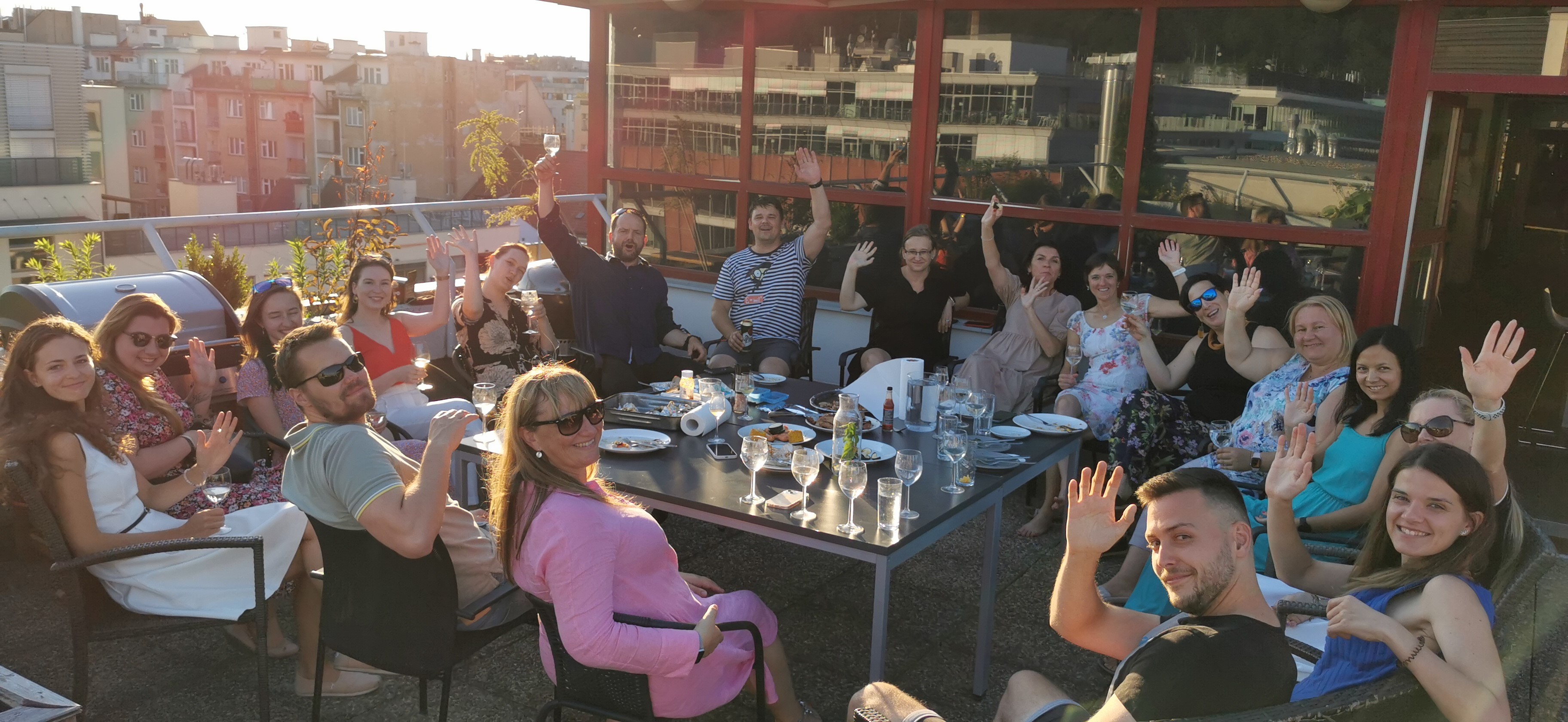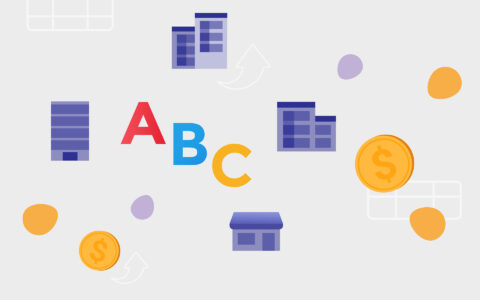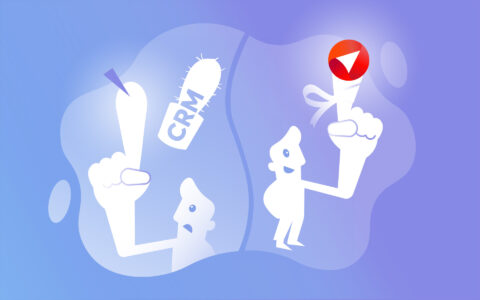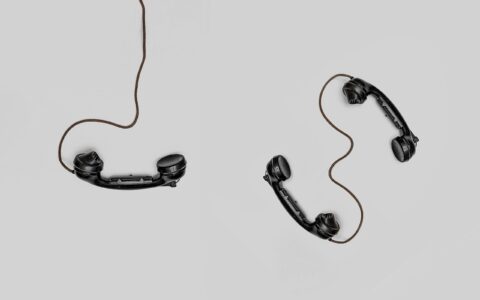Interview: I Have Witnessed Several Crises. The Fault Was in the Lack of Communication
With more than 60 in-house consultants and a wide range of services, from hiring to HR analytics and well-being programs, Assessment Systems strives to increase work productivity. And aims to reduce company costs as much as possible. In this interview, Iva Dymáková, COO and CFO, shares how their company approaches these types of big challenges.

What is your role in the company?
I’m the Director of Finance and Operations. My role is to take care of internal processes. I make sure they are as efficient and smooth as possible. It could be said that I take care of managing the business as such. For that, we use various tools such as eWay-CRM that help us to store data and work with analytics.
An important part of my job is to ensure that our processes are coordinated in all of our branches in Central and Eastern Europe.
That itself must be challenging. Especially when your company has branches in so many foreign countries.
Yes, it is really a challenge. But thanks to cooperation and coordination among these branches, we are forced to make every step as effective as possible. For example, we always make sure that our consultants are well-informed about our clients. Especially those that also work in a number of foreign countries. In general, our aim is to work productively.
What was the biggest crisis you had to overcome?
I encountered several of them. And its roots were almost always in the lack of communication. Issues often arise and continually get worse when people don’t communicate well. When they don’t say out loud what bothers them. Or when they are not willing to search for a solution actively. I always try to open the doors to communication. And help people to solve the whole situation before it escalates into something bigger and more overwhelming.
Where did you find inspiration regarding your career path?
I didn’t find inspiration in a person or a book but rather in a tool. To be specific, in visualization tool for data analysis. This one showed me how to properly work with our company’s data. To be honest, my work got much more interesting thanks to this tool.
Can you share more information regarding this tool?
It allows you to display information from a database of clients and projects. Based on this, we can then create graphs and visualizations that help us as well as our clients to not only understand the data itself but to also uncover new opportunities.
Data is the basis not only for the decision-making processes but also for achieving smooth communication within the company.
How do such processes help you?
They are absolutely key for us. We couldn’t do without them these days. Some of our employees are reluctant to work with them. Often, when we ask them to fill the data into the database. Nevertheless, it is necessary to adapt to this.
We must share the data with each other to be able to work and analyze it. This analysis helps us to develop deeper relationships with our clients. And to reach new ones.
Also, thanks to it, we can adjust our strategies. We specialize in the analysis of internal client databases. And thanks to this analysis, we are able to identify potentials in almost any way. Either geographically or in the product ranges.
Let me give you an example: A client who usually orders only the diagnostic services can be interested also in other ones from our list. But in order to identify this opportunity, we must obtain accurate information about what we sell and to whom. And which service is the most popular with certain client.
All of these aspects are key to the further development of our business. And this is also part of my job. Basically, I must ensure that everything works as it should.
What methods do you use to manage the success of your company? Are there any key performance indicators (KPIs)?
We heavily rely on financial KPIs, such as sales and profit. These are broken down by product lines and geographical areas. In addition, we monitor other KPIs as well. These are related to our individual products and services.
We are a data-driven company. And we believe in the principle that we can’t manage our processes effectively without proper monitoring. Every employee and every branch have their own KPIs. The other two very important things are planning and budgeting.
We set goals and then compare the performance with it. Analytical tools help us a lot in this regard.
An international company encounters differences not only in its accounting, but also in mentality.
How do you deal with the differences in legislation and accounting in foreign countries?
Every country has its specifics as well as obligations towards state authorities. Therefore, each of our branches has to take care of this locally. However, for an overall overview of our financial situation, we use a unified internal information system to manage reporting. This allows us to track sales, costs, and revenues in each part of our company. And reflect them to local accounting.
We convert all data in the system to Euros. And to be able to easily compare all the data, we also have unified categories of products, services, and costs.
Even though we don’t have to prepare consolidated financial statements, we perform management consolidations that give us a clear overview of the financial situation of the whole company.
Do I understand it correctly that you focus mainly on a managerial view of financial management rather than accounting as such?
Exactly. However, we make sure that the data in management reporting corresponds to the data in local accounting. Of course, we can’t risk any mistakes. We keep everything structured and sorted.
Our data are always presented the way, so it suits our top management.
How do you approach situations in which communication is not as smooth as it should be? Do you rely on your intuition? Or do you have some special procedures on how to improve it?
I must admit, this is a real challenge sometimes. We strive for open communication and friendly cooperation in our company. We believe that dialog is the way.
When it comes to international cooperation, for example with our partners from India, different mentality and working habits can play a big role why the communication doesn't quite work. Some attempts to make it work are not successful even if we try our best. Such differences can be the reason why we are forced to end the cooperation.
HR strategies help companies to retain their core workers.
Why do you focus primarily on large companies? Is it because it gives you more freedom in offering complex services?
We provide them to large companies because they have more complex and diverse requirements. But that doesn’t mean we cooperate only with the big players in the market.
We work with smaller companies as well. We believe that good quality services should be available for everyone. They are designed to be flexible and useful for almost any client.
How do you know what your clients need?
Cooperation with our clients is based on a very individual approach. Thanks to it, we are able to effectively react to their specific needs. This approach allowed us to stay relevant for more than 23 years. And build strong relationships with many of our current clients.
With some of them, we have cooperated since our company was founded. We understand our clients well, so we are able to build relationships based on trust.
The individual approach and skills we have acquired enable us to offer a wide spectrum of services. From psychodiagnostics to strategic support. All of them are always adapted to the specific needs of our clients.
Often, we reach new clients thanks to referrals or transfers of people between companies.
What types of solutions do you offer?
Our solutions are tailor-made for each of our clients. We don’t have standardized products. We focus only on individual plans and methods.
For example, we work on improving the activities of teams. We also help with solving employees’ issues. It could be said that we are able to improve HR processes as a whole.
What issues connected to retention of employees do your clients struggle with the most? And can you help them in this area as well?
Yes, what you’re suggesting is right. Retention of employees is key for every company. We create special plans for companies, identify what matters to their employees the most, and then do our best to keep them happy and motivated.
We also offer support during the recruitment processes and other HR activities.
Active communication is key for every international company.
How many people work for you?
The total number is 60 for the Central and Eastern Europe branches. Currently, we have 6 branches in Europe.

Do you work with externalists, too?
Yes, we cooperate with a number of externalists. They help us with various projects. We rely on them when delivering larger projects.
These are external consultants with whom we cooperate on an invoicing basis.
How do you strengthen your company's culture and relationships with your teams?
Besides our annual meetings, where employees from different branches meet and can therefore get to know each other better, we use a couple of communication channels such as Teams or emails. And we always make sure that all the shared information is available to all of our employees.
Also, we have an internal information system, thanks to which we make sure everyone has access to relevant data. We encourage our departments to communicate efficiently with their colleagues. All of this helps us to maintain a sense of belonging and makes us eager to reach our common goals.
What are your tricks for successfully motivating people to share information among each other?
We emphasize the importance of communication in all directions. Not only from managers to employees but also among employees themselves.
We work on creating an environment where people will feel comfortable sharing information. Also, we provide them with tools thanks to which these processes are simple and quick. Surely, we must focus on this constantly and remind them how important it is to share everything.
In some countries, we focus rather on our partnerships than employees.
What about the international expansion of your business?
Opening a new branch is a huge strategic decision.
It’s always useful to work with people who know the local market. People who are good businessmen and share our values. We can provide them with know-how, finances for the start, and a list of contacts.
We opened a new branch in Austria quite recently. In other countries, especially those that are farther away, we work on the basis of partnerships.
What does your cooperation model with partnership companies look like? Is it similar to a franchise?
No. It is not like a franchise. The companies work independently under their own names. Those are primarily HR agencies operating in the local markets. We have two models of cooperation currently. They were created to complement each other and to be easily and proficiently combined according to the current needs.
The first model: Our partners help us with projects in the language of the country they are based in. An example, our client needs to plan a training in Romania. It’s not a problem for us since we have a partner in Romania.
The second model: Partners work as distributors of our products. They sell our tests and diagnostic tools to their clients. Plus, they incorporate our products into their own projects as well.
Expansion is even easier for us thanks to the fact that the majority of our tools can be provided online.
Innovations are absolutely vital for the competitiveness of every company.
Is your competitor list long? I mean both in the Czech market and the European one.
We do. But since our portfolio of products is miscellaneous and we have branches in many countries, we compete with them well. Unfortunately, I can’t give you the names of competitors.
But often, they focus only on one of the areas we do. It can be on the level of locality, markets, or psychodiagnostics tools. We meet them repeatedly on projects, recruitment processes, and contracts for assessment centers or training.
Our competitors are also large consulting companies, that offer complex services. Including HR and management consultations. I’d say that the competition is diverse and specific for every market and product or service line.
How do you track your competitors and trends? Is your aim to always stay one step ahead?
Yes, we do. We track our competitors’ activities as well as trends. Our goal is to be innovative and use up-to-date tools which are attractive and useful for our clients.
How much do you invest in innovations?
Around 3-5% of our budget. One of our latest investments was in an online portal which should make communication between us and our clients easier and quicker.
Another important area in which we invest is the integration of AI. AI can help us to be more effective when it comes to completing internal processes and delivering projects. We’re doing our best to keep up with the latest market trends.
Plus, we want to take advantage and sometimes start trends ourselves. This applies to the development of our products and services, too.
CRM helps us to manage our clients and projects with ease. Especially, across branches.
How has your company evolved in the past ten years?
We have grown in many ways. From sales, number of employees hired to enlarging our customer base. Company culture and cooperation among the branches have undergone some changes, too. This has a huge impact on the growth of our business as such. It allows us to create synergy, evolve, acquire new clients, and retain the present ones.
Our focus has been put on the international companies in the past decade. A great example is our partnership in Kazakhstan. This showed us we’re able to grow as a business anywhere. Even in the countries where we don’t run a branch.
How is your top management structured? Are you in touch with the owner of the business?
As a Czech company, we are very close to the owner. Our top management consists of a small group of people. Both enable us to react to the market needs swiftly. And of course, to run the business efficiently.
How has eWay-CRM helped you with your internal processes?
eWay-CRM plays a big role in our internal management and reporting.
It centralizes all the information about our clients, projects, and deals. When making a decision, we have a look into eWay-CRM and immediately know what the sure bet is.
This tool requires regular updates. At the same time, it offers priceless information we need for managing the business successfully.
Before eWay-CRM, how did you manage your sales, deals, and clients? Did your branches use different tools according to their language preferences?
Yes, they did. However, it is more convenient to have a unified system.
Now, we have all of our data centralized. And we have more space to improve our cooperation as well as productivity.











